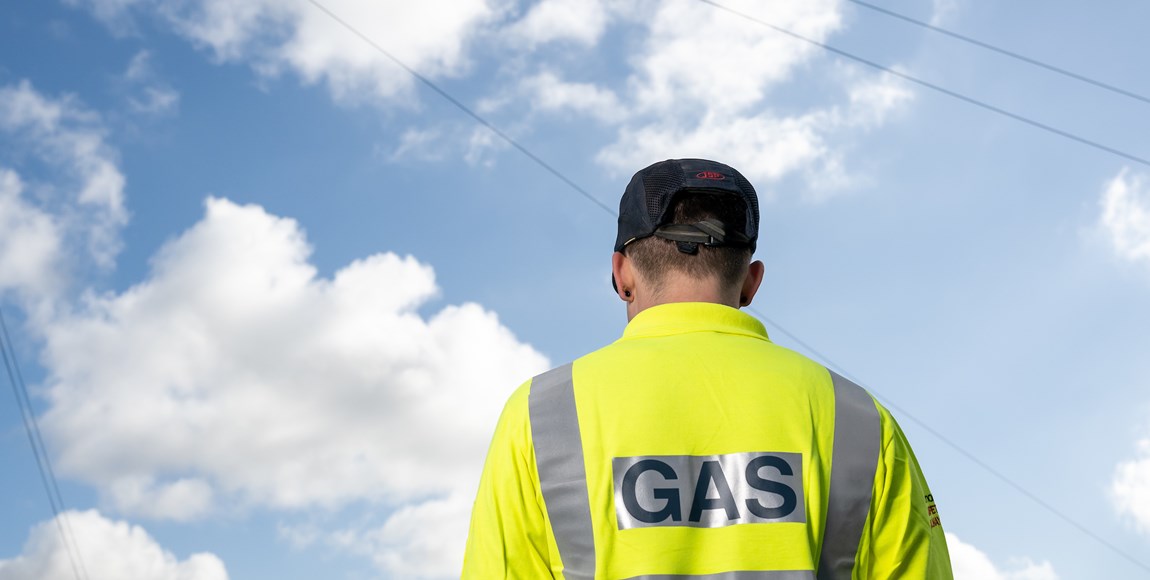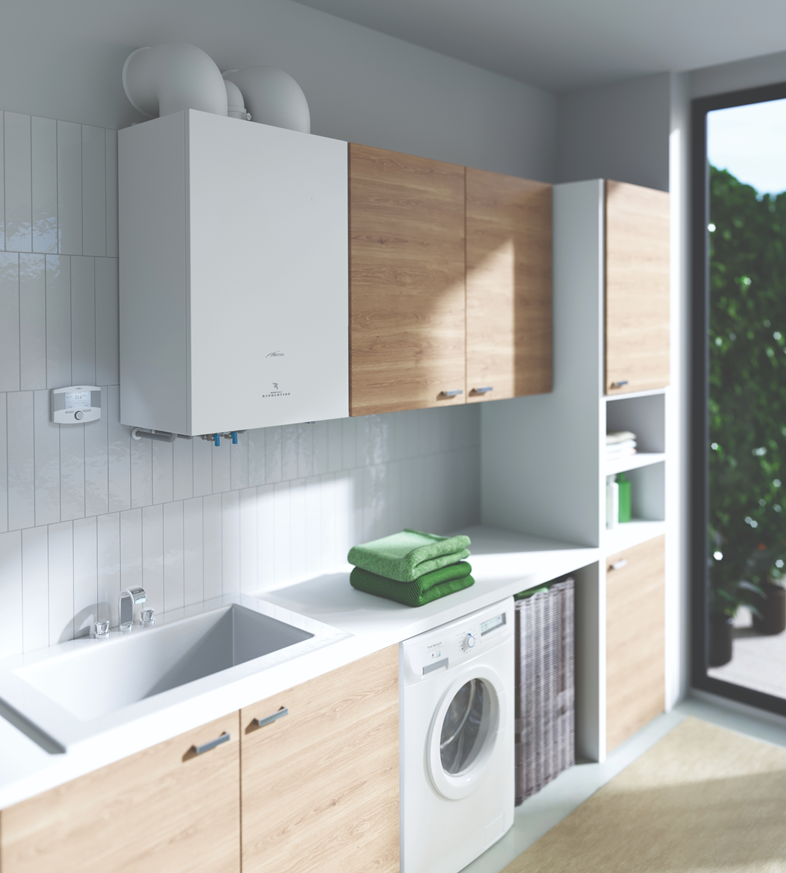A diverse group of energy companies is calling for the UK to put hybrid heating systems at the centre of its strategy to decarbonise home heating.
Hybrid Heating Great Britain, made up of energy networks, suppliers and appliance manufacturers, is calling for hybrid heating systems – which combine gas and electricity and can be easily retrofitted to existing homes – to be used as a comprehensive solution to decarbonising home heating in the UK.
The call comes as Hybrid Heating Great Britain launches its Vision and Action Paper, building on the UK Government’s Heat and Buildings Strategy, detailing a plan for transitioning to low carbon heating.
Hybrid heating systems can include a natural gas, hydrogen, oil, LPG or bioLPG boiler and an electric air source heat pump, alongside smart control software. The system, fitted directly into customers’ homes, can flexibly switch between using renewable electricity, when it’s available, and green gas at other times – enabling the full decarbonisation of heat with switching driven by cost and carbon.
Hybrid heating systems offer an affordable and practical way to decarbonise home heating, where it is unaffordable or impractical to retrofit a full heat pump system. Research suggests that almost 50% of UK properties are not suitable for standalone heat pumps due to their thermal properties and other limitations. Hybrid heating systems offer a less disruptive heat decarbonisation for energy consumers, avoiding the need for a deep and potentially costly house retrofit with solid or cavity wall insulation and under floor insultation. This means they can be fitted quickly – potentially within a day – compared to standalone electric air source heat pump, which could take multiple weeks.
They are also an important source of grid flexibility. Hybrid heating systems can reduce the impact of heat decarbonisation on peak power demand by up to 40% because the boiler can be switched on at times of the highest heat demand. This provides important flexibility to the electricity network and could save up to £15.4bn a year of network reinforcement that would be costly and disruptive to communities.
Gas network for Wales and south west England, Wales & West Utilities, are part of Hybrid Heating GB. Their Head of Net Zero & Sustainability, Matt Hindle, said:
The Heat and Buildings Strategy acknowledged that hybrids could play a transitional role in the 2020s and 2030s but contained no targets for their manufacture or installations or manufacture.
Hybrid heating systems have benefits to offer both on and off gas grid consumers and the broader energy system and this paper puts forward clear recommendations for key stakeholders including policymakers, energy suppliers, network operators, and equipment providers.
The 2020s must be a decade of delivery and we’d urge Government and policymakers to include hybrids in incentives and support schemes like the Clean Heat Grant and encourage installations of hybrids to help towards achieving the 600,000 heat pumps per year target.
Calor is also part of Hybrid Heating GB and Andy Parker, Calor’s Head of Strategy and Corporate Affairs, said:
Hybrid heat pumps are urgently needed to help rural homes off the gas grid, particularly the many old and poorly insulated rural homes, where the cost of whole house energy efficiency retrofit necessary for standalone heat pumps is disruptive, technically challenging and very expensive. Hybrids combined with Calor’s green gas BioLPG offer an available and long-term net zero compatible heating solution for many rural homes.
The Hybrid Heating Great Britain coalition is a diverse group of energy networks, energy suppliers, and equipment manufacturers committed to the rapid decarbonisation of the building sector in Great Britain.
The objective of the Vision and Action Paper is to outline the group’s thinking on the role that hybrid heating systems (HHSs) should play in the decarbonisation of heating in buildings and to bring insight and evidence on their importance in meeting the Government’s interim and long term net zero targets.




